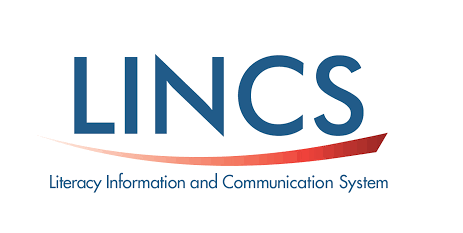LINCS: The Legacies of Systemic Inequities
Many stereotypical narratives exist for why adult literacy learners are unsuccessful in earning a high school diploma. Those narratives seldom include the systemic roots that lead to generational poverty and generational illiteracy. Join our presenter, Greg Deegan of Teaching Cleveland, as he highlights the origins of stereotypical narratives. Mr. Deegan with provide practitioners with useful […]
